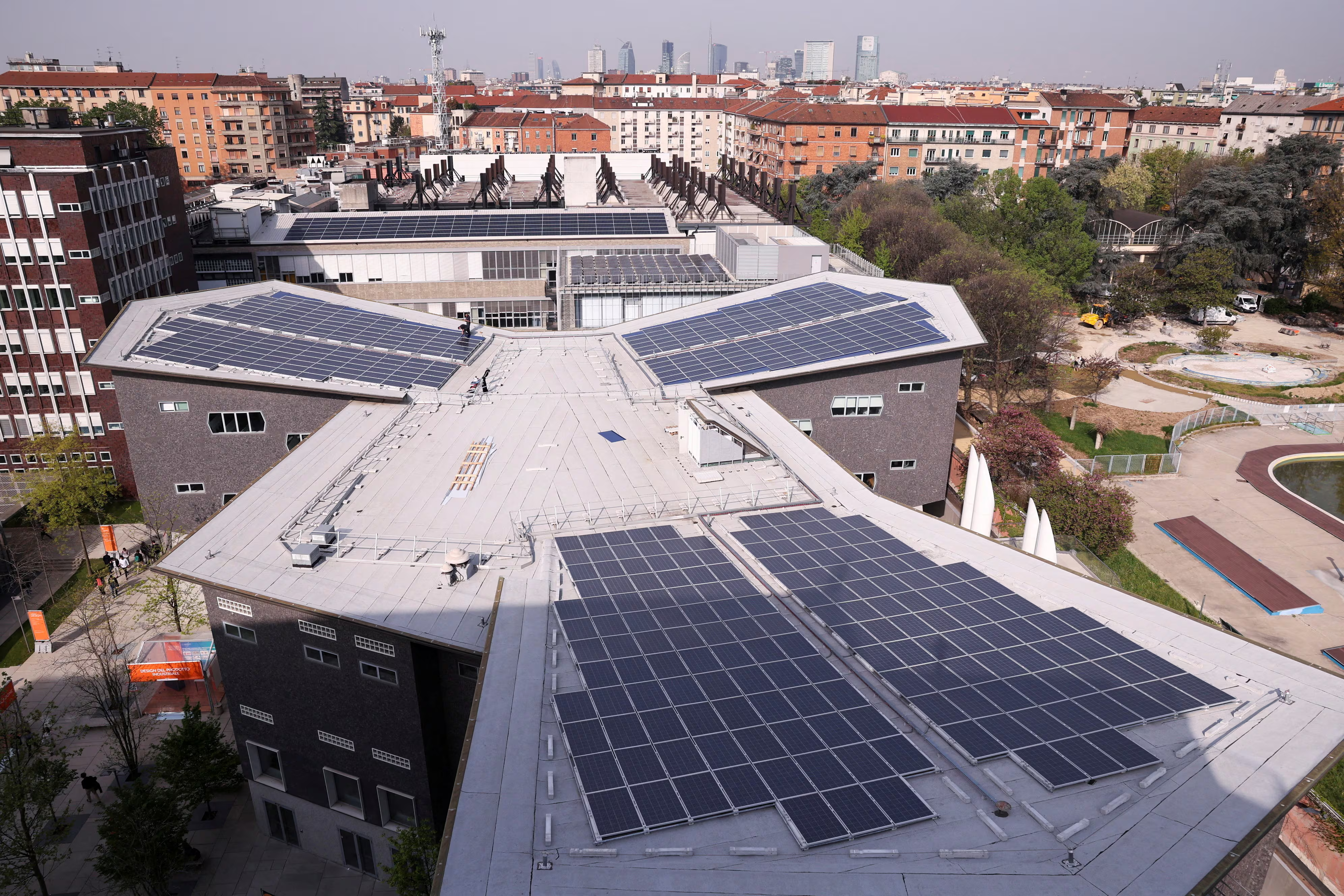In an unprecedented energy shift, solar power has emerged as the largest source of electricity in the European Union, supplying a staggering 22 percent of the bloc"s power in June 2025. This milestone marks a significant turning point in the global energy landscape, revealing not only the potential of renewable energy but also the urgent necessity to phase out fossil fuels. According to energy think tank Ember, this remarkable achievement reflects a growing commitment to sustainability across Europe.
Countries Celebrate Solar Achievements
At least 13 EU countries reported record solar output in June. The Netherlands and Greece led the way, with solar accounting for over 40 percent and 35 percent of their electricity generation, respectively. This surge is not just a statistic but a critical lifeline for communities grappling with extreme weather conditions. As reported by Reuters, the increase in solar energy came at a time when Europe faced a brutal heat wave, with temperatures exceeding 110 degrees Fahrenheit (43 degrees Celsius).
Coal"s Demise and Environmental Health
This solar breakthrough coincides with coal"s significant decline. In June, coal-generated electricity hit a record low of just 6 percent, a historic drop underscoring the urgent need for a transition to cleaner energy sources. Fifteen EU countries, including Austria, Belgium, and Ireland, have now eradicated coal from their energy mix. This transition is not merely a technical necessity; it is a matter of environmental justice. As fossil fuel combustion continues to generate toxic emissions, marginalized communities suffer the most from air pollution and climate-related health risks.
Climate Change"s Toll on Health
The health implications of climate change are staggering. An analysis from Imperial College London revealed that climate change contributed to 1,500 of the estimated 2,300 heat-related deaths across Europe last month. This stark reality highlights that our reliance on fossil fuels not only accelerates climate change but also exacerbates health crises. The connection between coal consumption and mortality rates cannot be ignored. As Pawel Czyzak from Ember stated, “Heat waves will not go away – they will only get more severe in the future.”
\n\n
Italy curbs installation of solar panels on agricultural land ...
Solar as a Strategic Resource
Solar power"s ability to produce energy during peak demand times, particularly during heat waves, makes it an invaluable resource for grid stability. The abundance of sunshine correlates directly with increased energy needs, as air conditioning units work overtime to combat the sweltering heat. In this context, solar energy becomes a strategic ally in maintaining grid reliability while ensuring that vulnerable populations have access to electricity. The surge in solar generation not only alleviates pressure on the grid but also helps prevent potential blackouts, a critical consideration for public health and safety.
The Urgency for Policy Change
As countries celebrate the achievement of solar dominance, it becomes imperative to advocate for policies that support sustainable energy initiatives. The transition to renewable energy must be paired with robust policy frameworks that address the needs of all communities, particularly those historically marginalized by environmental degradation. Governments must prioritize investments in green technology and infrastructure, ensuring that the benefits of the renewable energy revolution are equitably shared. As Ember aptly notes, the time for action is now.
A Call for Global Solidarity
The success of solar power in Europe serves as a beacon of hope for nations worldwide grappling with the climate crisis. It emphasizes the need for global solidarity in the fight against climate change. As we witness the devastating impacts of fossil fuel dependency, it becomes clear that an international commitment to renewable energy is essential. Countries must work together to share knowledge, technology, and resources, ensuring that all nations can transition to sustainable energy systems that prioritize environmental justice and public health.

What"s in the EU"s plan to boost clean tech, lower energy ...







![[Video] Gunfire between Iraqi security forces and Sadr militias in Baghdad](/_next/image?url=%2Fapi%2Fimage%2Fthumbnails%2Fthumbnail-1768343508874-4redb-thumbnail.jpg&w=3840&q=75)
